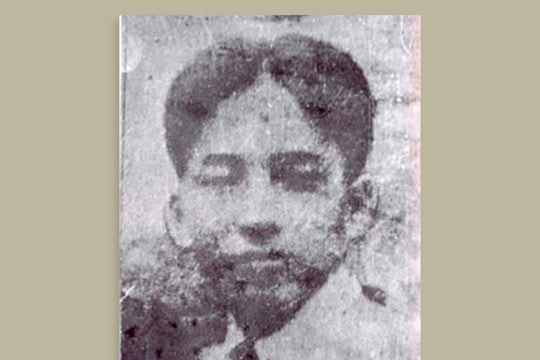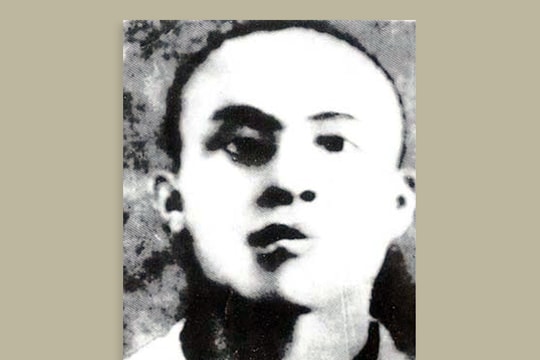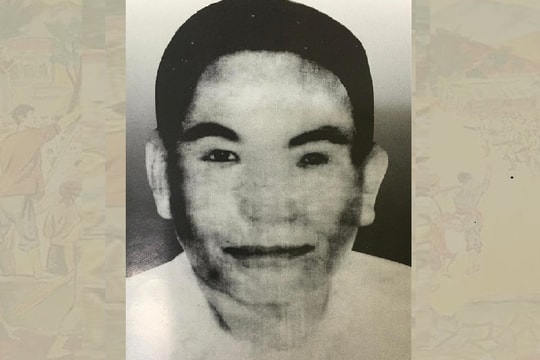Comrade Nguyen Huy Lung (1908-1931): Indomitable communist soldier
Giao Tac village, Lai Thach commune (now Thuan Loc commune), Can Loc district, Ha Tinh province, is located in the middle of a vast rice field with prosperous villages stretching at the foot of Hong Linh mountain, a famous scenic spot in Nghe Tinh region. Here, in 1908, Nguyen Huy Lung was born into a patriotic Confucian family.
Nguyen Huy Lung's grandfather was a soldier of Phan Dinh Phung. His father was also an anti-French man, serving as the Chief of Lai Thach Commune, but was influenced by the patriotic movement of the local people, especially the revolutionary activities of his children. During his time as Chief of Commune, he took advantage of his position to issue fake personal tax cards for some revolutionary activities. He was dismissed by the Southern Dynasty Government, and from then on he stayed in his hometown to farm and participate in patriotic activities.
In the fall of 1924, Nguyen Huy Lung went to study at Cao Xuan Duc School in Vinh city. He had the opportunity to meet teachers who were members of the Phuc Viet Association such as Tran Phu, Ha Huy Tap..., and was taught progressive ideas and patriotism by the teachers. That impact, along with the vibrant atmosphere of the Vinh city student movement at that time, attracted Nguyen Huy Lung to quickly enter the path of struggle. He actively participated in patriotic activities of students. After the 1927 strike, he was expelled from school by the Governor of Nghe An.
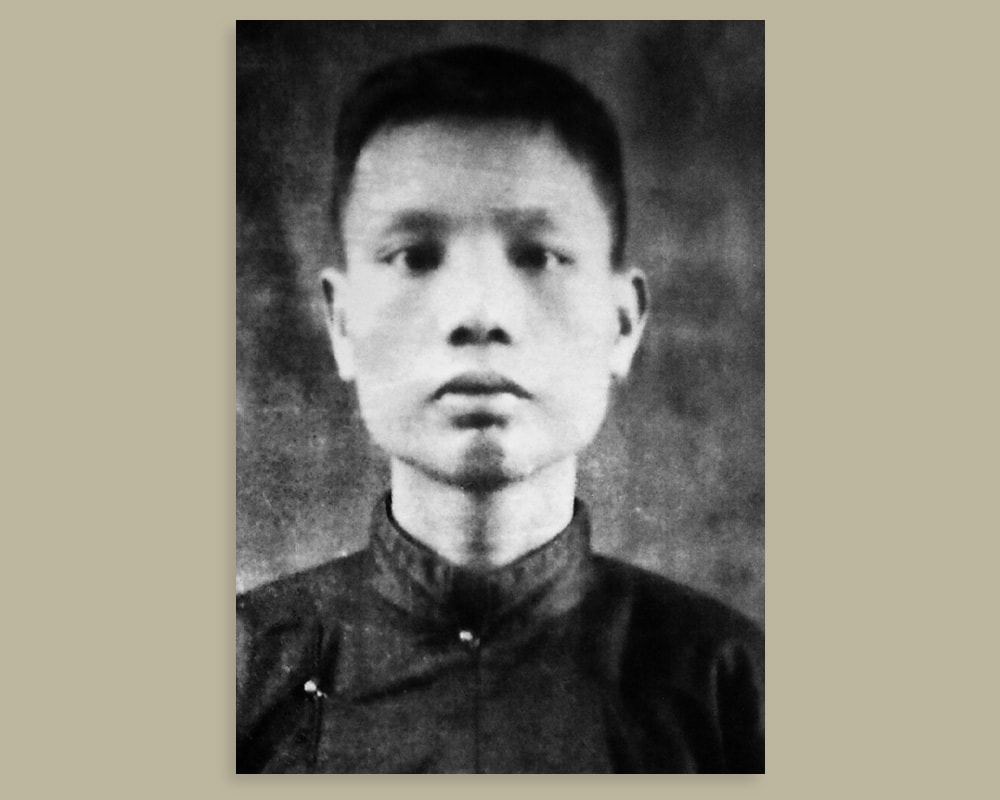
Returning home, Nguyen Huy Lung and a number of progressive youths organized a memorial service for Phan Chau Trinh and gave speeches calling on villagers to eliminate superstition, promote village reform, and demand the division of public land. Through these activities, Nguyen Huy Lung became a sharp thorn in the side of the local tyrants. The Can Loc district chief immediately sent soldiers to arrest Nguyen Huy Lung. Three months later, he was released.
To create a place for Nguyen Huy Lung to operate, in 1928, teachers who were Tan Viet party members arranged for him to continue primary school at the French-Vietnamese School in Ha Tinh town.
In the fall of 1929, Nguyen Huy Lung contacted the Indochinese Communist Party in Vinh. Together with Le Ba Canh and Nguyen Dinh Chuyen, he established a core group, promoted communist propaganda in the town, and established the Red Student Association in the elementary school.
At the end of 1929, the Indochinese Communist Party cell was established in the primary school with comrade Le Ba Canh as Secretary. In early 1930, comrade Tran Huu Thieu, a cadre of the Central Region Indochinese Communist Party Committee, came to Ha Tinh and relied on this cell to build the Party base. Nguyen Huy Lung was one of the people who actively collaborated with comrade Tran Huu Thieu in connecting with the Indochinese Communist Federation base, establishing the Communist Party of Vietnam in Ha Tinh in March 1930.
After comrade Le Ba Canh was arrested, the Ha Tinh Provisional Provincial Party Committee appointed Nguyen Huy Lung to assume the responsibility of Party Cell Secretary and direct the town movement.
Day and night, Nguyen Huy Lung went to schools and villages to build and develop grassroots Party organizations and mass organizations. Implementing the Provincial Party Committee's policy, on International Labor Day (May 1, 1930), he led the Party Cell to hang flags and distribute leaflets. The leaflets called on the masses to fight for higher wages, shorter working hours, reduced taxes, and tax deferrals. Hammer and sickle flags were raised in public places, and the flag was even planted right in front of the French Consul's Palace in Ha Tinh town.
On June 16, 1930, Nguyen Huy Lung was caught in the enemy's net. Based on the documents the enemy had captured, they knew that "Nguyen Huy Lung was not an ordinary party member" (Notice No. 9618, dated December 23, 1930 of the Central Vietnam Secret Service). Therefore, they used every trick to force him to reveal the secrets of the Party and the revolution. But for several months, they could not get anything out of him. However, the Southern Court of Ha Tinh still sentenced him to 13 years of hard labor.
But that sentence still did not satisfy the Central Vietnam Secret Service. On December 23, 1930, the Central Vietnam Secret Service sent a notice to the Ministry of Justice to protest: “In my opinion, the punishment imposed by the local authorities on Nguyen Huy Lung is not sufficient… He is an important activist that the sentence has not highlighted.”
Receiving the notice of the Chief of Secret Service, the Southern Court continued to exploit documents on Nguyen Huy Lung's activities. He was continuously interrogated and locked in solitary confinement at Ha Tinh Prison.
During the days of being tortured to death by the enemy, Nguyen Huy Lung received kind words of encouragement from his father. In a poem to Nguyen Huy Lung, he wrote:
Be strong and steadfast,
Wanted to turn the country back,
Why be afraid of getting caught up in the cycle?”.
(Poem provided by Mr. Nguyen Huy Chin, younger brother of Nguyen Huy Lung).
Touched by his father's bold advice, Nguyen Huy Lung wrote the poem "To my parents" to express his iron will:
“I beg you, don't be sad.
The state affairs are often tangled.
Determined to risk life and limb with society,
How can we turn our backs on the country?
Thanks to mother for taking care of the house,
The state affairs advise the teacher to take charge.
A great favor cannot be repaid,
I will use my blood to show my bravery.
The seething political atmosphere outside at that time also strongly reverberated into the prison, giving the soldiers fighting in prison a source of vitality. Nguyen Huy Lung considered the shackles of the French colonialists as a "joke", and their torture as a "game". He always kept in mind:
"Hang up a mirror of struggle for people to know,
"Debts and revenge will be paid back in time."
(Excerpt from the poem "Farewell" by Nguyen Huy Lung provided by Nguyen Huy Chin.)
He enthusiastically mobilized and organized political prisoners to fight for improved prison conditions to coordinate with the rising wave of struggle of workers and farmers in Nghe Tinh.
For Nguyen Huy Lung, poetry is also a weapon. His honest and combative verses have given him strength in his struggle and encouraged his fellow prisoners to maintain their revolutionary spirit. The poems he sent home were also full of emotion, optimism and confidence. Although he himself was imprisoned, he still wanted his juniors to follow in the footsteps of their fathers and brothers in the revolution, a cause for which he was willing to sacrifice and strive for his whole life. In the second poem he sent home to his father, he wrote:
“Even though the green man is cruel,
People are not afraid of hardship.
Free to be shackled without fear,
No matter how hard you work in prison, just be strong.
…
Dad, come teach me the piano.
Let children revolve with the world".
To isolate Nguyen Huy Lung's influence in Ha Tinh Prison, on August 4, 1931, the imperialists transferred him to Dong Hoi Prison, Quang Binh Province. As soon as he arrived at Dong Hoi Station, with the constant fighting spirit of a communist, Nguyen Huy Lung immediately organized a lightning attack, surprising the enemy, leaving them no time to react. He and a fellow prisoner took turns "singing communist songs and giving speeches to a large number of passengers waiting for the train, including the Governor, soldiers and a large number of military and administrative staff of the Southern Dynasty." (Central Vietnam Secret Document, No. 9618, April 22, 1931). With his warm and enthusiastic voice, Nguyen Huy Lung attracted the attention of hundreds of passengers and left in their minds deep impressions of the revolution and of the communist soldier.
Less than a month after being in Dong Hoi Prison, the enemy exiled Nguyen Huy Lung to Kon Tum, a place famous for being a “sacred forest and poisonous water”. By establishing Kon Tum Prison, in addition to gradually killing the communists that the French colonialists considered important, they also aimed to exploit their remaining labor to serve their exploitation policy.
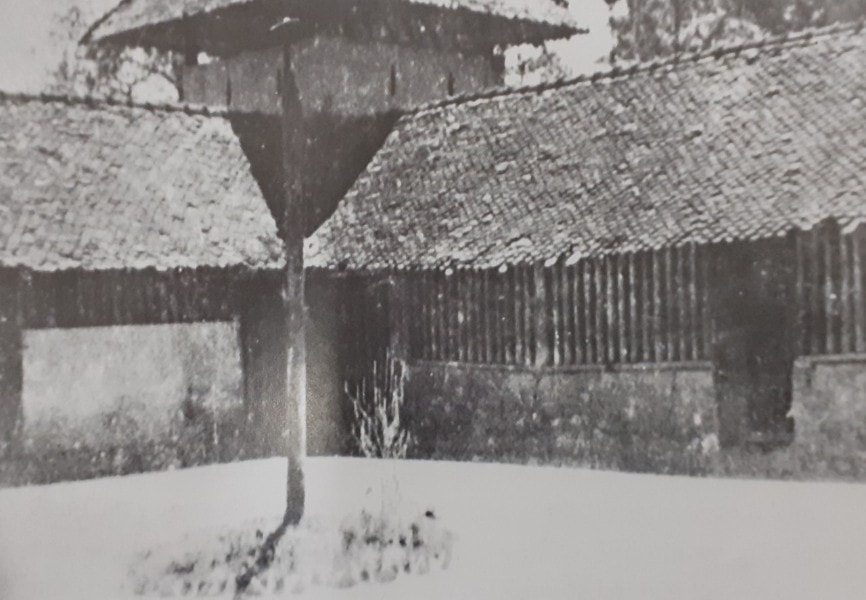
The regime in Kon Tum Prison was harsh. At night, prisoners had one leg chained and one arm chained, and during the day, two people were chained together, “naked” and had to work hard to cut trees, blast mines, break rocks to make roads… Under the enemy’s whips and guns. Many people had their flesh and bones crushed by rocks and mines. And many died unjustly because of “laziness” or “running away”. The food was even worse: “Rice mixed with chaff, fish sauce mixed with maggots…”.
Faced with that heartbreaking scene, as Secretary, Nguyen Huy Lung on one hand led the Party Cell to fight against the jailers and encouraged the prisoners to maintain their revolutionary spirit; on the other hand, he took on all the hard work, as long as it reduced their difficulties and minimized their suffering. He gave up his medicine, clothes, and even his meager daily food rations to the sick prisoners. He protected and defended his fellow prisoners, even though any danger could suddenly come to him. Nguyen Huy Lung always stood at the forefront of the struggles of political prisoners against the harsh prison regime. And for himself, he also persevered in the struggle to overcome illness, hunger, cold, and the temptations of the enemy, maintaining the integrity of a communist.
The enemy spent a lot of effort to monitor and control Nguyen Huy Lung, they accused him of being "stubborn" and "plotting to cause chaos" to persecute and torture him more cruelly. Although he had endured many years of miserable prison life, Nguyen Huy Lung's heart still burned with the fire of struggle, his soul was still peaceful; he still had hearty laughs to criticize and satirize the imperialist prison regime in a witty way.
“One bed, one mat, one cell
No one can compare to me in any activity
Thieves cannot enter the house thanks to the guards.
Robbers cannot get through the guarded door.
Wherever I go, I am afraid every step of the way.
Talk about many things soldiers must fear".
(The poem was provided by comrade Nguyen Tri Tue, a fellow villager and comrade in arms at the same time as Nguyen Huy Lung).
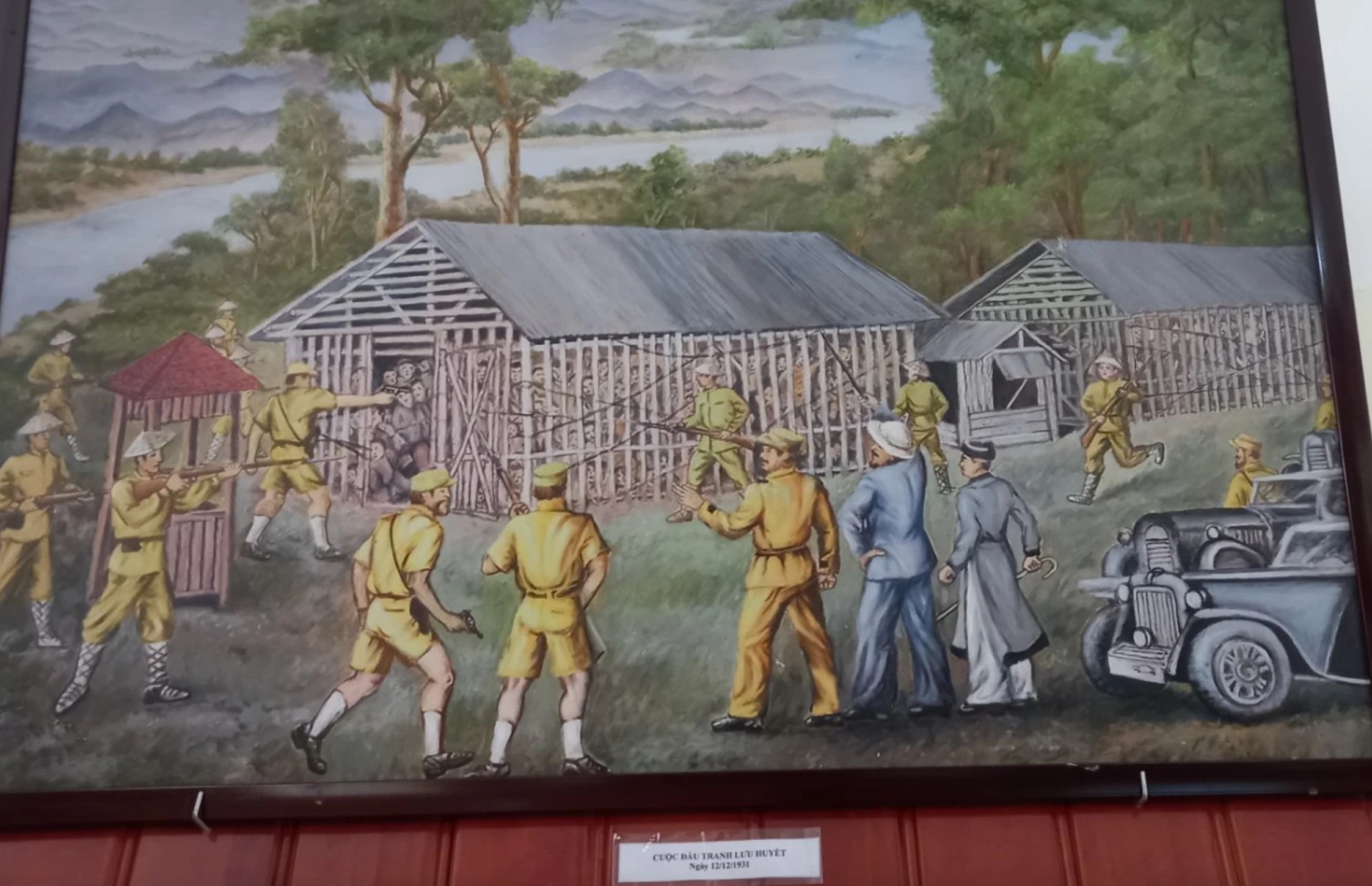
On December 12, 1931, the enemy forced 40 political prisoners to do hard labor in Dak Pek for the second time to gradually kill the loyal communists. They sent Mu-le, a notoriously evil French jailer, to lead soldiers to force the prisoners to do hard labor. When they arrived, the prisoners immediately carried out their plan, shouting in unison "absolutely not going to Dak Pek" and clapping their hands, causing a commotion in the whole area. They also locked the prison doors and surrounded each other, determined not to let the soldiers take away a single person. Nguyen Huy Lung - a communist with prisoner number 299, despite the enemy's threats and chaos, loudly shouted in their faces:
- We definitely won’t go to Dak Pek… because if we go, we will die, if we don’t go, we will die. It’s better to die here than to go to Dak Pek and suffer a hundred hardships before dying (Le Van Hien, “Kon Tum Prison”, Hanoi Literature Publishing House, 1970, p. 57).
Seeing everyone protesting, Mu-le was forced to return to report to the consul, the warden and the surrounding military posts. They mobilized forces to surround the prison and pointed guns at each cell, calling Nguyen Huy Lung, the prisoner representative, to come out and question him. Truong Quang Trong stood in front and exposed his chest in defiance, so they shot him dead. The first person fell, the next person rushed forward, and in just a moment, 16 people were dead and injured. Nguyen Huy Lung heroically sacrificed himself in that decisive moment.
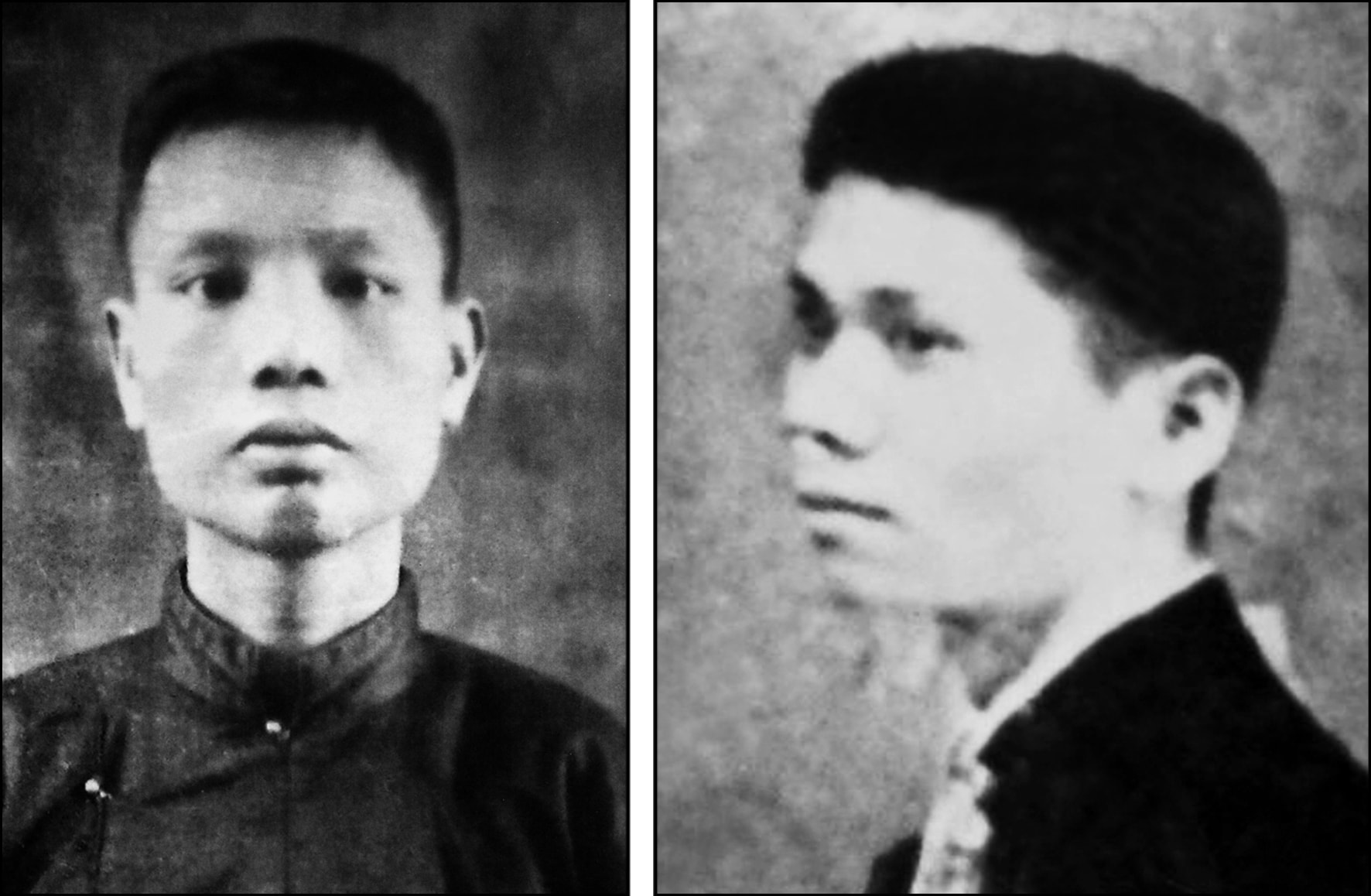
Nguyen Huy Lung had fallen, but his indomitable fighting spirit strongly encouraged his fellow prisoners to continue fighting for their lives. That life-and-death struggle resonated throughout the country and abroad. Under pressure from the communist movement inside and outside the prison, the colonialists not only had to fulfill some of the prisoners' demands, but shortly after, they also ordered the abolition of Kon Tum Prison.
The death of comrade Nguyen Huy Lung has become one of the symbols of patriotism and indomitable fighting spirit of communist soldiers in Kon Tum.

